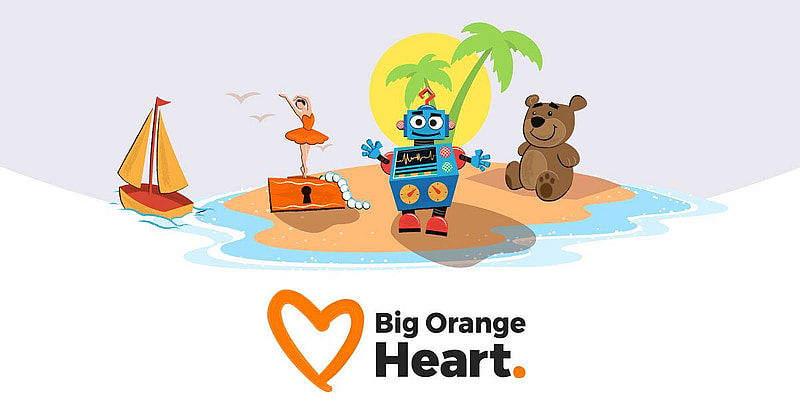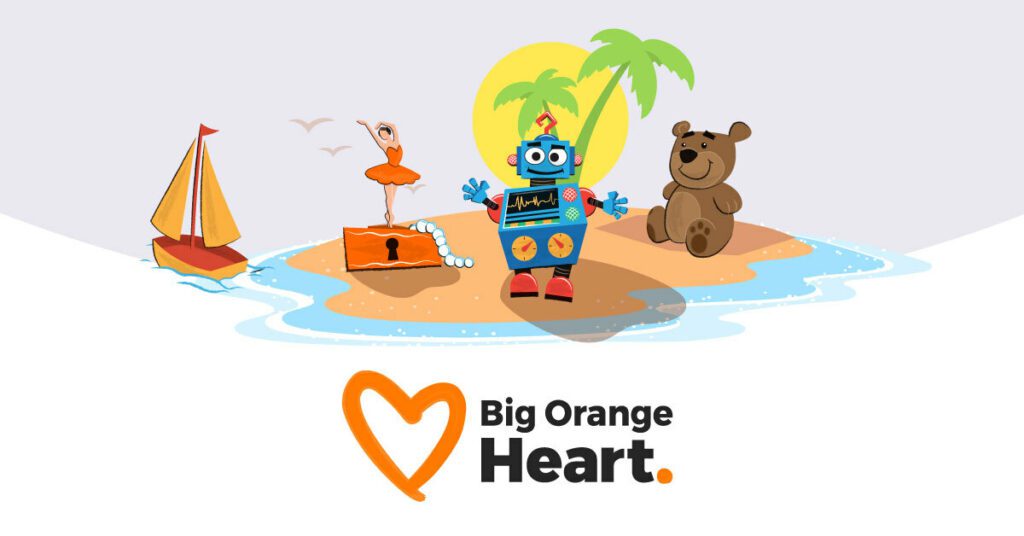Are you a water pistol that squirts jelly?
A doll with no nose?
A train with square wheels?
There’s an old stop-motion holiday special about Rudolph the Red-nosed Reindeer. I grew up watching it every year in December. In it, Rudolph is outcast from the rest of the reindeer gang because his nose glows red. The other reindeer laugh and mock him because he’s different. Eventually he can’t take the ridicule anymore and runs away. While he’s wandering he meets up with another group of “outcasts” on the Island of Misfit Toys. Everyone there is a little different than what is typically accepted, including a bird that swims instead of flies, a boat that won’t float, a bear with wings, a cowboy on an ostrich, and a Charlie-in-the-Box (instead of a Jack-in-the-Box). As the story goes on, this menagerie of misfit toys bands together and saves Christmas for the children of the world. The moral of the story, of course, is that no matter how atypical you are, you are valuable and together you can accomplish what seems impossible.
I’m one of the Misfit Toys
I often think of myself as an underdog, too. Atypical, a little offbeat, definitely flawed, but with a kind heart, a good head on my shoulders, and the willingness to take on the world if I need to. I think most of us have those qualities, too.
Then I think about the word “typical.” Typical is like the mathematic mean of humanity, if you could apply math to traits. If we add us all up then divide by the total, you’ll arrive at “typical.” Which means that not one of us is a truly typical human. For example, if I add 2 + 7 + 50 + 400 + 12 + 34 + 1000 then divide that by 7, you’ll arrive at 215. Yet 215 wasn’t even on the list. 215 is “typical” for this grouping, but isn’t IN the grouping.
People are like that. We all share attributes, and yes, some attributes are more “desirable” than others (thanks to marketing, in many ways). But not one of us is perfect. Not one of us is typical. We’re all within a few standard deviations of what typical might actually be.
When I think of the people that make up Big Orange Heart, I’m reminded that we’re all on the Island of Misfit Toys.
As a group of organizers we worked together twice this year to bring WordFest to life. Not one of us is a typical person. Between us all we experience grief, joy, anxiety, depression, stress, disabilities, overwhelm, and more. But together we brought forth amazing events attended by thousands of people, edifying so many of our community. We banded together to accomplish what some might think impossible: during a global pandemic, we worked from around the world to bring 24 hours of programming to the WordPress community. And we didn’t just do it once – we did it twice. (And trust me – we’ll do it again!)
You’re one of the Misfit Toys, too.
You’re not broken. None of the misfit toys are. They’re just different. They do things differently – but that doesn’t make them broken or wrong. Think about the benefits of any one of them: a bird that swims can catch more fish; a water pistol that shoots jelly can make your sandwich faster; a train with square wheels can become a stationary building for any use; and a boat that doesn’t float can become an artificial reef for marine life. Being a misfit doesn’t make you broken or wrong – it just gives you opportunities you might not have considered.
Embrace the Misfit Toy in yourself.
If you feel like you don’t belong or different than others – that’s probably because you haven’t embraced your inner-misfit toy. Find that part of you that feels different and explore how it’s a strength that others may not have. I promise that you’ll find your people and thrive when you accept your inner self and look for the other misfits, too.
Join Big Orange Heart.
If you’re looking for a group of accepting, unperfect people, then join us at Big Orange Heart. It’s free to join. We’d love to embrace your inner-misfit, too.







